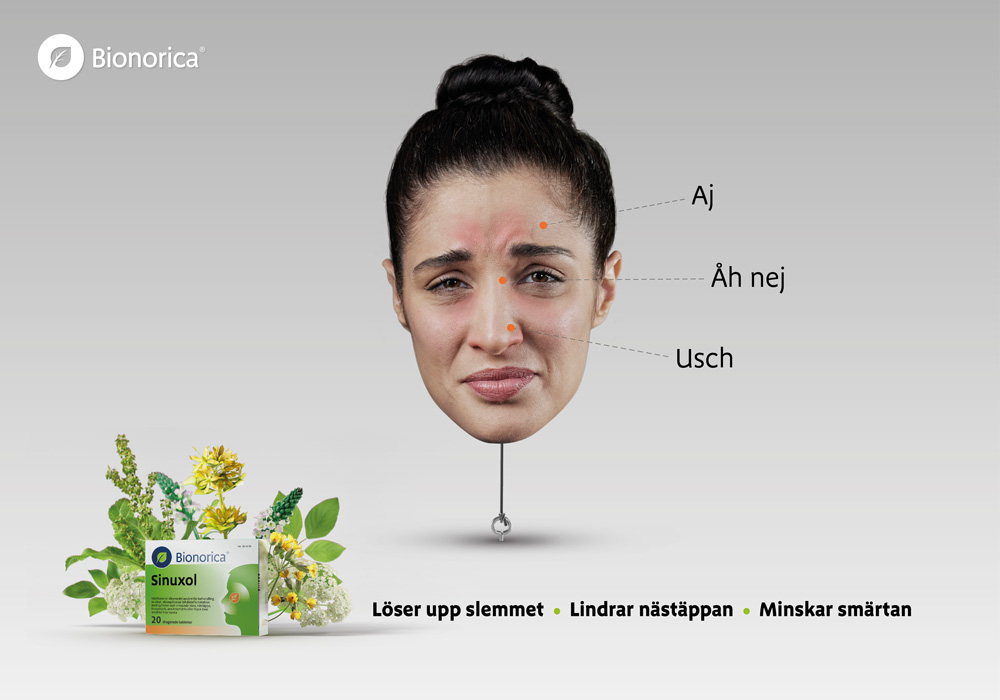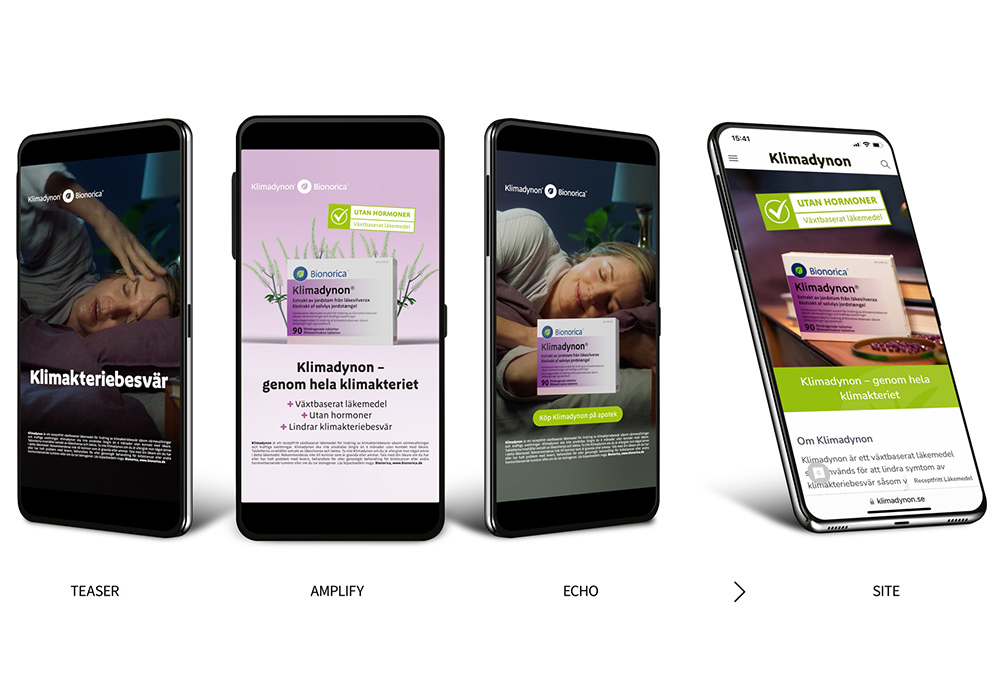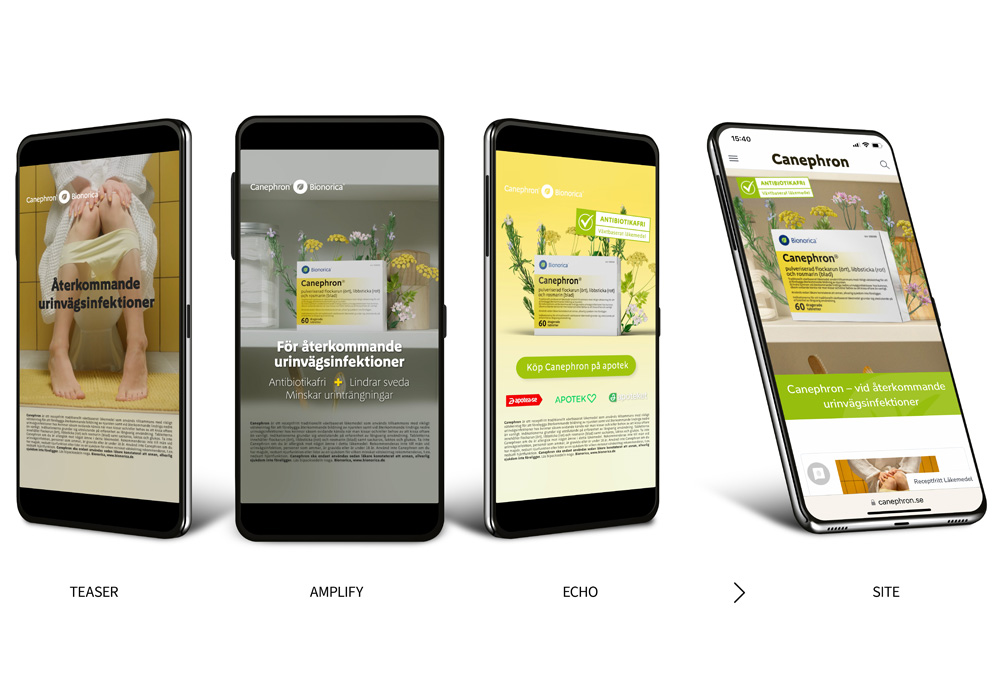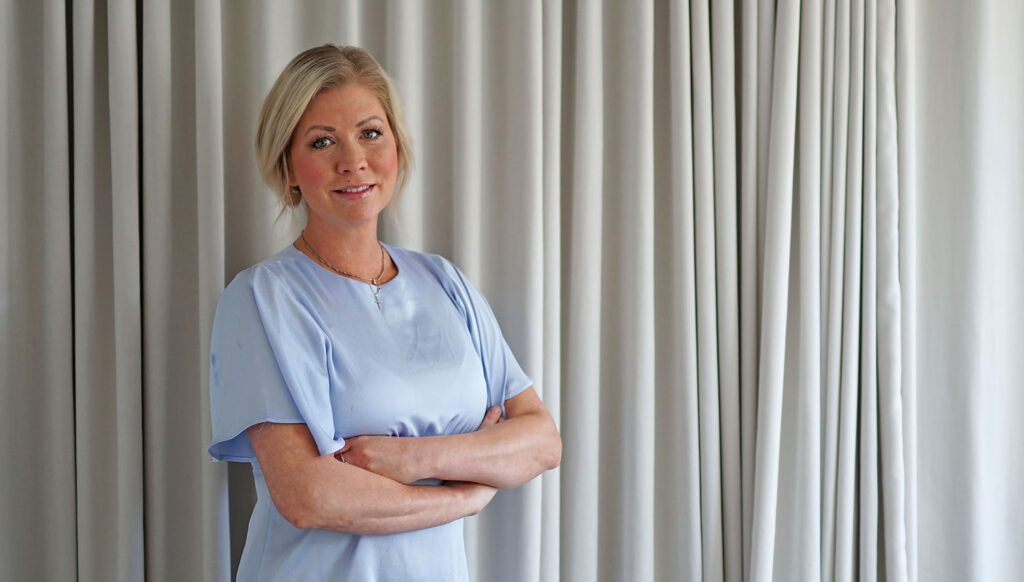Cell sorting
Assignment
The client, Adacyte, requested a new campaign alluding to the uniqueness of the product.
Background
The medical device treatment Adacolumn sorts out inflammatory cells (white blood cells) that drive inflammation in the gut in IBD (ulcerative colitis and Crohn’s disease), giving the gut a chance to recover and heal. In our latest Adacolumn campaign, we targeted healthcare professionals and doctors who treat patients with IBD.
IBD is usually treated with drugs, but there is an alternative: Adacolumn, known as granulocyte and monocyte adsorption apheresis. This technology was invented by Japanese researchers over 20 years ago.
Solution
In IBD, the body’s own immune system attacks the gut, creating chronic inflammation. These inflammatory cells are largely present in the blood. By passing the blood through a column (the Adacolumn column itself), many of these cells can be sorted out. They stick to special balls made of cellulose. Once the blood has passed through the column, it returns to the body with far fewer inflammatory cells and the gut has a chance to recover. So, just as we recycle for a better environment, we can cell sort for a better gut environment. Furthermore, the treatment has no impact on the immune system as only the inflammatory cells are sorted out. See examples below of ads and DR. You can also read more on fattaibd.se.

Want to know more?
Sophia André Klingspor
+46 (0)734 320 803
sophia@relevans.net








